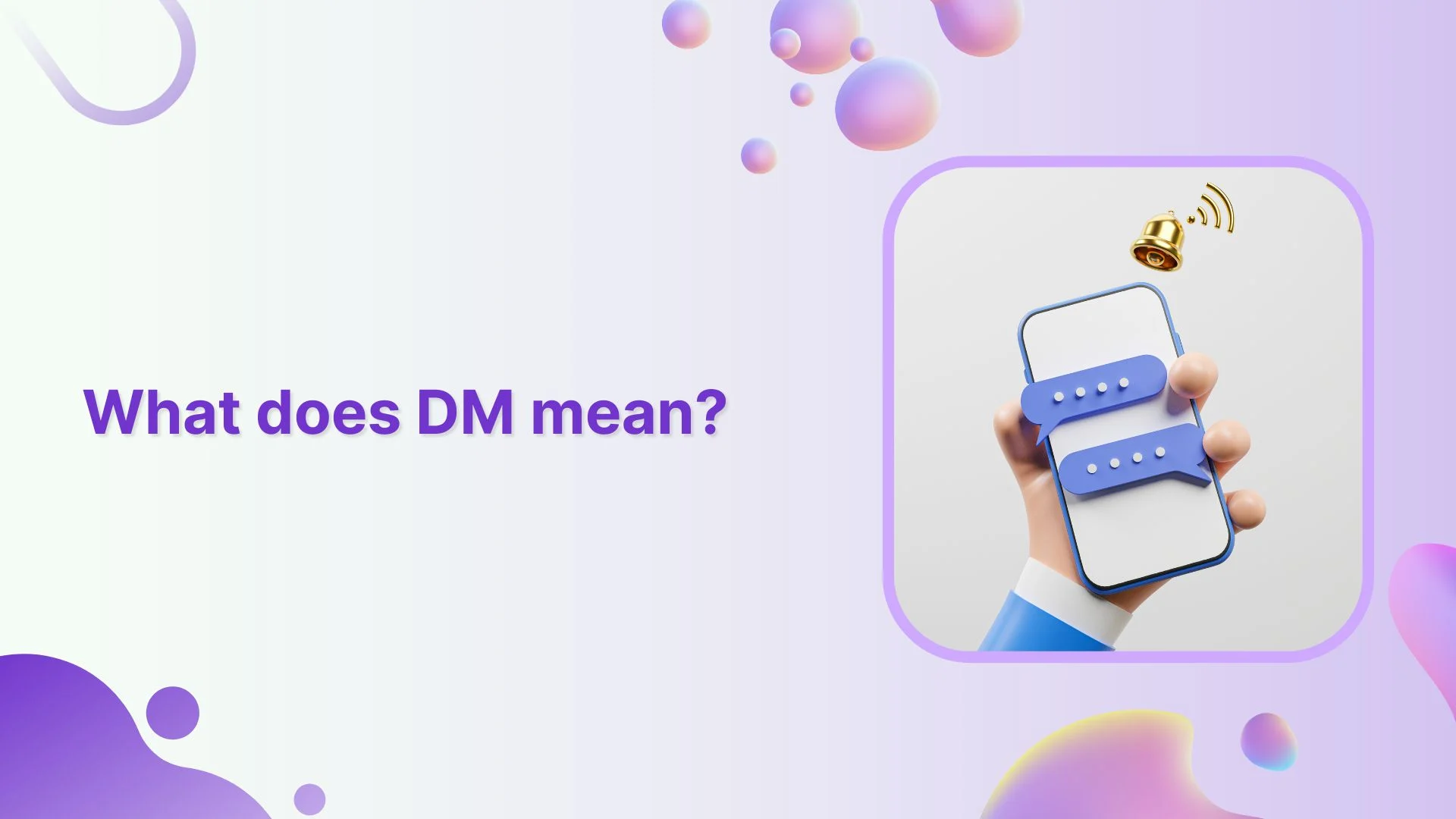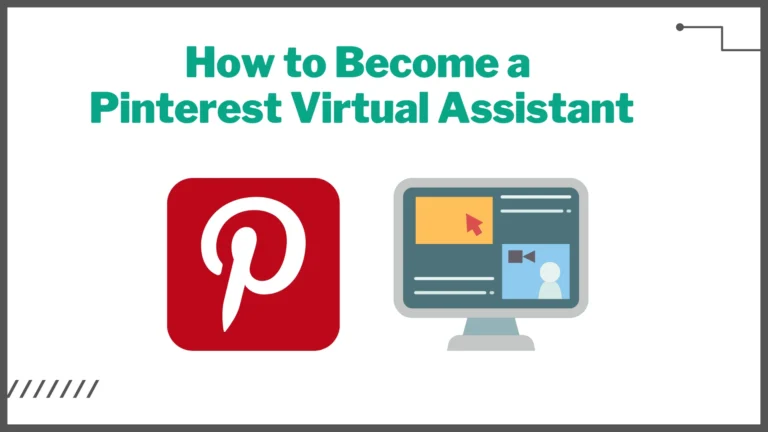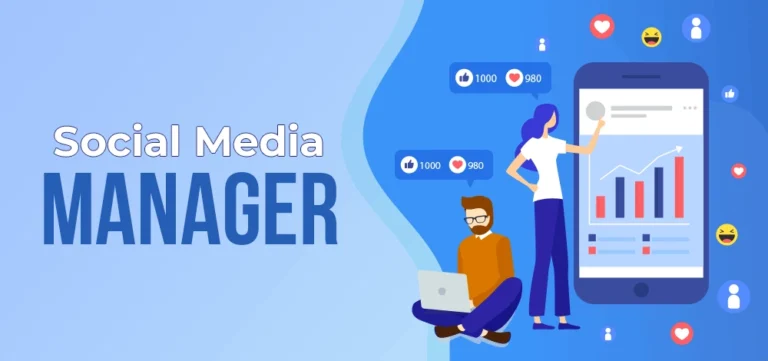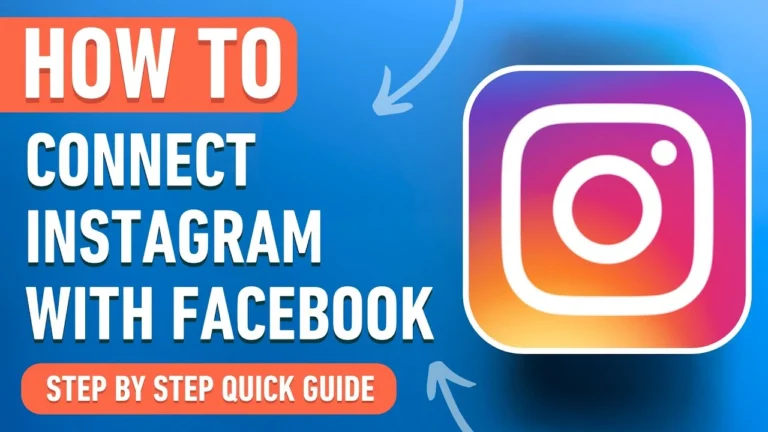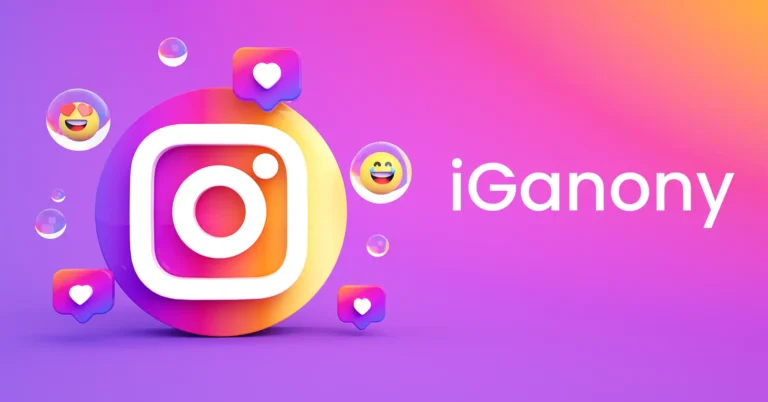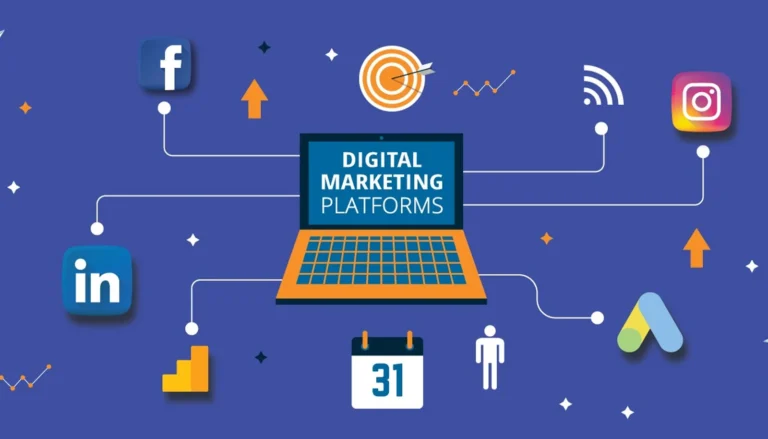What is DM? DM stands for? Why DM Matters for Small Businesses
DM or digital marketing is the way businesses use online platforms to reach customers.
It is one of the most effective methods for small and large brands today because people spend much of their time online.
From social media to email, DM gives businesses tools to promote, engage, and grow.
You are at the right post if you are looking for what is DM, how DM stands for Digital Marketing, the DM abbreviation, and how it connects to DM business, DM platform, and DM Facebook.
Table of Contents
What is DM?
DM stands for Digital Marketing. It covers all online efforts to promote products or services. Unlike traditional ads in print or on TV, digital marketing happens on the internet.
Common Parts of DM
- Email campaigns
- Partnerships with Influencers
- Social media marketing
- Paid ads on Google or Facebook
- Search Engine Optimization [SEO]
- Content Marketing, Blogs, Videos, and Guides
DM is flexible. A business can start small with one platform and grow step by step.
DM Stands for
DM stands for Digital Marketing. It should not be misunderstood as direct messages, which are also called DMs on social media.
In professional digital marketing terms, when people say DM, they mean marketing strategies and platforms used online.
It is the shorthand businesses use for convenience.
DM Abbreviation
The DM abbreviation is widely used in business, training, and online courses.
Uses of the DM abbreviation
- Course titles such as DM basics or DM training
- Job roles like DM manager or DM executive
- Reports and plans where digital marketing is shortened to DM
When talking to general audiences, it is good to spell out digital marketing the first time. After that, DM works fine.
DM Business
DM business refers to companies that use digital marketing as a core method to grow. Almost every modern business fits into this group.
Examples of DM in business
- A local cafe running Facebook ads for daily specials
- An online store using Instagram to showcase products
- A consulting firm writing blogs to rank on Google
- A gym using email newsletters for offers
DM business is not just about ads. It is about building awareness, trust, and loyalty online.
DM Platform
DM platforms are the tools and networks where digital marketing happens. Each platform serves a different purpose.
Main DM Platforms
- Google Ads for search campaigns
- Facebook and Instagram for social reach
- LinkedIn for B2B networking
- YouTube for video content
- Email tools like Mailchimp or HubSpot
- SEO platforms like SEMrush or Ahrefs
A small business does not need every DM platform. Two or three are enough to start. Pick based on where the audience spends time.
DM Facebook
Facebook is one of the most used DM platforms. With billions of active users, it offers both organic reach and paid campaigns.
Benefits of DM Facebook
- Business pages for free brand presence
- Ads with detailed targeting by location, age, and interest
- Messenger for customer service
- Groups for building niche communities
- Events for promoting local activities
Facebook remains strong for small businesses because it combines community with advertising.
Why DM matters for Small Businesses
Digital marketing matters small businesses because it helps to compete with larger businesses. A strong post or smart ad campaign can reach thousands of people at low cost.
Advantages of DM for small businesses
- Less expensive as compared to print or TV ads
- Real time users feedback in the form of likes, shares, and comments
- Ability to target relevant audiences
- Clear tracking of performance
- Flexibility to test and improve quickly
DM gives small businesses tools to be visible and relevant without heavy budgets.
Building a simple DM strategy
A small business can build a digital marketing plan in stepwise manner like below:
- Define the audience clearly.
- Pick two DM platforms to start.
- Create three content themes like tips, product updates, and customer stories.
- Post two to three times per week.
- Run small ads on best performing posts.
- Track clicks, conversions and reach.
- Adjust frequency to weekly based on results.
Common mistakes with DM
- Posting without a clear goal
- Copying larger brands without adjusting
- Trying too many platforms at once
- Ignoring analytics
- Spending too much budget on ads early
- Poor engagement in the form of comments and messages over the DM platform.
Conclusion
- DM or digital marketing is now essential part of almost every business.
- DM provides the tools for business growth and visibility. Small businesses can start with simple
- DM plan and grow step by step.
- Over time, DM becomes a core part of business strategy, not just an extra activity.
FAQs
What does DM stand for in business?
DM stands for Digital Marketing. It refers to promoting products or services online.
What is DM in simple terms?
DM means digital marketing, which is using the internet to connect with customers.
What are examples of DM platforms?
Facebook, Instagram, Google Ads, LinkedIn, YouTube, and email tools are common platforms.
Is DM the same as social media marketing?
Social media marketing is one part of DM. DM also includes SEO, email, content, and paid ads.
Why should small businesses use DM?
It helps small businesses to reach more people and grow. It is affordable and outcomes are measureable.
Is DM Facebook still effective?
Yes. Facebook remains strong for ads, community building, and direct customer contact.

